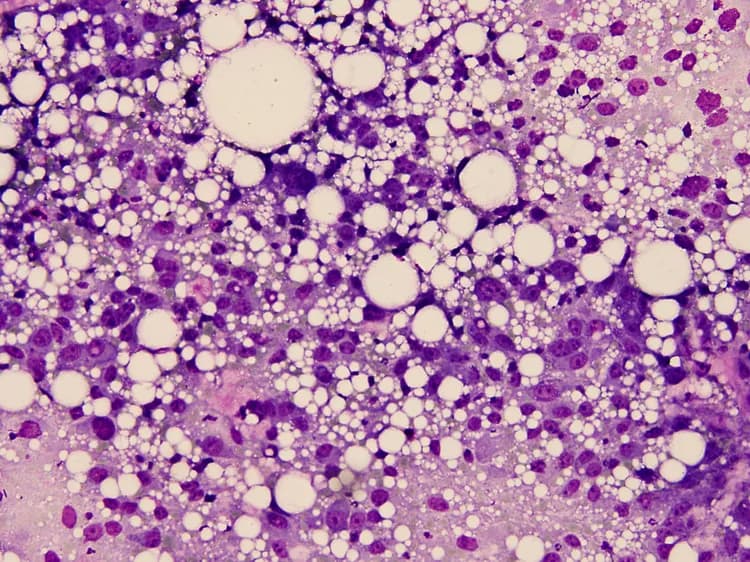
New Proteins Discovered That Link Obesity-driven Diabetes To Cancer
For the first time, researchers have determined how bromodomain (BRD) proteins work in type 2 diabetes, which may lead to a better understanding of the link between adult-onset diabetes and certain cancers.
The findings, which appear in PLOS ONE, show that reducing levels in pancreatic beta cells of individual BRDs, called BET proteins, previously shown to play a role in cancer, may also help patients who are obese and diabetic.
The research was led by Gerald V. Denis, PhD, associate professor of pharmacology and medicine at Boston University School of Medicine, who was the first to show that BET protein functions are important in cancer development.
Adult-onset diabetes has been known for decades to increase the risk for specific cancers. The three main members of the BET protein family, BRD2, BRD3 and BRD4, are closely related to each other and often cooperate. However at times, they work independently and sometimes against each other.
According to the researchers new small molecule BET inhibitors have been developed that block all three BET proteins in cancer cells, but they interfere with too many functions.
"The BET proteins provide a new pathway to connect adult-onset diabetes with cancer, so properly targeting BET proteins may be helpful for both," explained Denis, who is the corresponding author of the study.
He believes this discovery shows the need for deeper analysis of individual BET proteins in all human cell types, starting with boosting insulin and improving metabolism in the pancreas of adults who are obese.
"Without better targeted drugs, some ongoing cancer clinical trials for BET inhibitors are premature. These new results offer useful insight into drug treatments that have failed so far to appreciate the complexities in the BET family."
The above post is reprinted from materials provided by Boston University Medical Center. Note: Materials may be edited for content and length.
Disclaimer: DoveMed is not responsible for the adapted accuracy of news releases posted to DoveMed by contributing universities and institutions.
Primary Resource:
Deeney, J. T., Belkina, A. C., Shirihai, O. S., Corkey, B. E., & Denis, G. V. (2016). BET Bromodomain Proteins Brd2, Brd3 and Brd4 Selectively Regulate Metabolic Pathways in the Pancreatic β-Cell. PloS one, 11(3), e0151329.
Related Articles
Test Your Knowledge
Asked by users
Related Centers
Related Specialties
Related Physicians
Related Procedures
Related Resources
Join DoveHubs
and connect with fellow professionals

0 Comments
Please log in to post a comment.